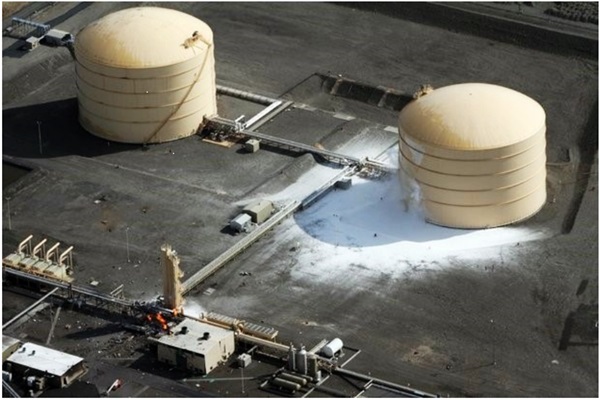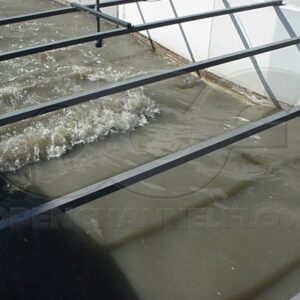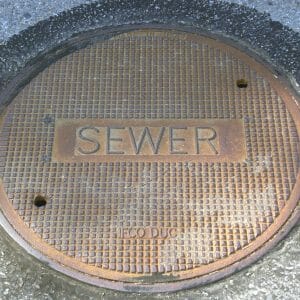E – 2076 Liquefied Natural Gas (LNG) – PART 3 of 10 – LNG Hazards, Hazard Detection, Accident Prevention
$50.00
Courses Included
LNG plants and other petrochemical plants are built to bring a return on investment to their investors through their safe operation. Their designers and engineer-led operators require technical knowledge to ensure these facilities are safe and reliable. This course gives you that knowledge.
This training covers LNG technologies at both a technical and human resource development level. This training is needed to help you design, operate, or maintain an LNG facility; however, many LNG topics can also apply to other petrochemical plants. This training is intended to present technical materials to help develop a clear understanding of an LNG facility’s safe and efficient operation. It is intended to give the learner the intermediate technical knowledge needed to make informed planning, maintenance, and operating decisions to ensure plant safety, reliability, and efficiency. The most crucial intention of this training is to give you technical knowledge on how to continue making the liquid natural gas industry safe and reliable.
In the following ten lessons, more detail will be given on the operation of an LNG plant, refrigeration systems for liquefying, and the thermodynamics involved in producing, storing, transporting, and re-vaporizing LNG.
This is lesson three of the ten lessons. It is the intermediate training with the following topics:
- Understanding the causes, characteristics, and prevention of a BLEVE
- Understanding purging methods and concerns regarding packed vessels
- Understanding the characteristics and uses of ad
- Understanding the causes, characteristics, and prevention of an RPT
- Understanding the causes, characteristics, and prevention of LNG plant water hammers.
- Understanding LNG inventory stratification’s causes, characteristics, and prevention.
- Understanding the causes, characteristics, and prevention of LNG inventory Rollover.
- Understanding Nitrogen Induced Rollover.
- Understanding the causes, characteristics, and prevention of Embrittlement.
- Understanding plant safety systems, hazard detectors, readings, and responses.
For this intermediate-level course, the learner must have a basic knowledge of LNG and its uses.






